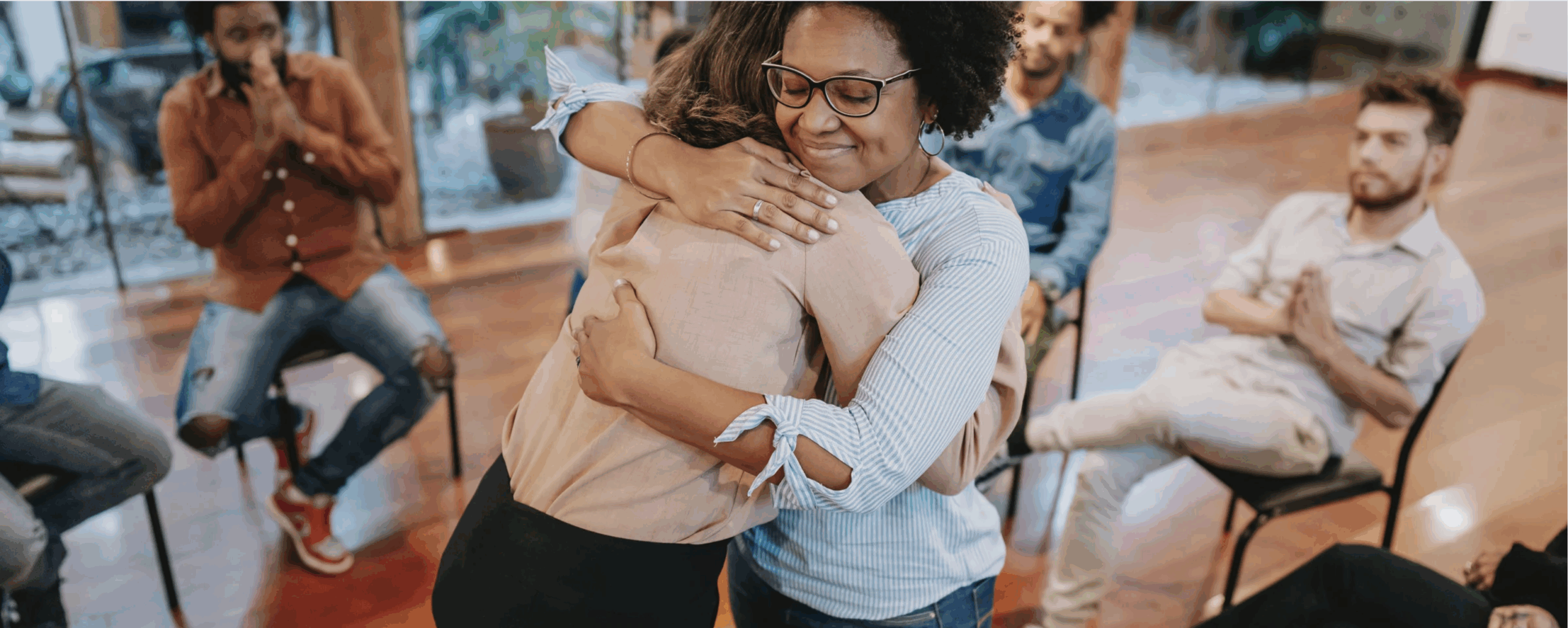Productivity and progress, not boredom, are your friends in sobriety. Early recovery from substance abuse can leave you feeling isolated and unsure of what you should do next, and boredom can quickly become a reality if you let it.
Disinterest in activities while resisting any lingering temptation to use drugs or alcohol may leave you restless and more likely to fall back into old habits, or even to relapse, so kick them before they can re-form. It can be tempting, and even easy, to blame your environment or factors out of your control for the boredom you’re experiencing, but chances are you can take charge of your situation and implement meaningful changes in your behavior and day-to-day.
Boredom in early recovery from substance abuse is manageable, and doing so will help you to build a foundation for a healthy, happy life free of dependence on drugs and/or alcohol. Don’t let fear or uncertainty stand between you and your best life.
Go back to work or school or volunteer.
Working and taking classes are both normal parts of a healthy lifestyle and likely something you’ve already done or have wanted to do. Once you’ve been cleared by your counselor following treatment, take advantage of any resources you have at your disposal in finding employment or enrolling in school. IOP and sober living programs often will have this support available to you. If you’re not sure whether your program does, it never hurts to ask someone.
You might also choose to look into what local organizations you can volunteer with. Typically, volunteer commitments are minimal, with few and flexible hours, making philanthropic community involvement a viable and healthy option for you while in recovery.
Keep the recovery alive.
Work the steps, go to meetings, and read recovery literature. Leaving treatment or any other level of care for substance abuse does not mean you should let your recovery efforts lapse. Going to a meeting might be the last thing you want to do (“That sounds boring.”), but it could be the best decision you make on a random weekday. You could learn something new, discover something about yourself or your recovery journey, or meet a new friend or mentor.
Spending quality time with positive influences, such as sober friends and family members and/or a trusted counselor, can also help keep you on track when it comes to your recovery and keep you safe from boredom— and even relapse.
Take on a new hobby.
Get into something new or get back into healthy activities that you enjoy. Make a list of things you enjoy doing/are good at and a list of things you want to try and determine what’s feasible for where you’re at right now.
You might also like to start things on a project-by-project basis; this allows you to focus on one thing at a time and will give you a sense of accomplishment with completing each task or project. These projects can range from reading a chapter of a book, writing a few pages on a topic of your choice, learning a new song on guitar, or something less traditionally a “project,” like going for a run or spending a few hours at the beach.
Clear out what is toxic.
Use boredom as an excuse to clear out habits and people not good for you. Don’t overwhelm yourself by taking drastic action too quickly, but keep toxicity out by actively removing it from your life. Boredom is the perfect opportunity for unhealthiness to root itself, so don’t let it.
At Royal Life Centers at Puget Sound, we’re dedicated to your recovery and well-being. Contact us today for help.






